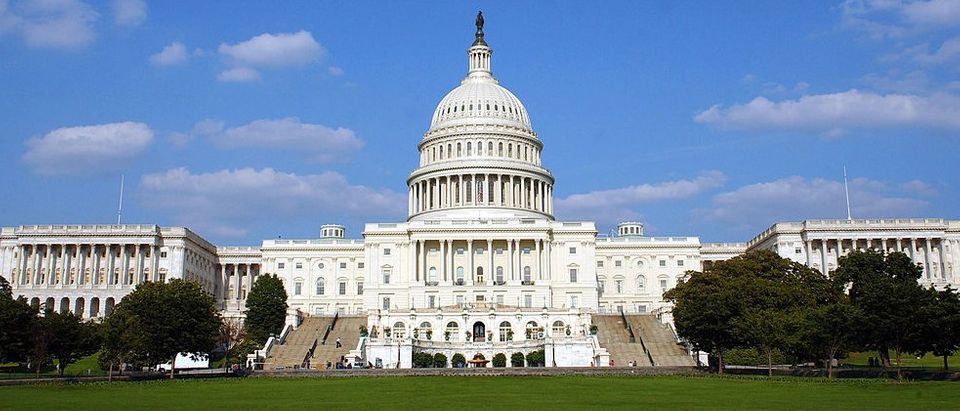This week, Senators have the opportunity to stand up for Internet freedom and vote to keep the Internet Tax Freedom Forever (ITFFA) provision in the customs bill. A vote against ITFFA is a vote against the Internet.
In 1998, the Internet Tax Moratorium was enacted to ensure tax-free Internet access by preventing state and local governments from taxing Internet access or implementing discriminatory taxes on electronic commerce. Unfortunately, a few states were able to pass access taxes before the ban was enacted, and the ban is not permanent. Lawmakers reauthorized the Internet Tax Moratorium more than half-a-dozen times since its initial passage.
The House passed a permanent Internet Tax Moratorium twice this Congress – as a stand-alone bill and as part of the customs legislation. Now is the time for the Senate to acknowledge the absolute need for Internet access to be kept tax-free by making the ban on taxing Internet access permanent once and for all.
The exponential growth of technology since commercial Internet access was first introduced through dial up modems is nothing short of remarkable. When we first started downloading movies, we did not expect the demise of Blockbuster. We did not expect email to over take postal mail, or text communication in general to out pace voice. Many people entering the workforce today have never even heard the dial up tone or started a download and waited hours for it to finish.
When broadband Internet access first emerged, leaving 56k in the dust, we could sense the potential of the future technology waiting to be discovered. In 1998, Lawmakers actually practiced regulatory humility — “they knew what they didn’t know” — in this new market and rightfully decided to hold off on regulating it the same as other familiar technologies, like landline phones.
They also realized that as more people accessed the Internet, the more value it would add to society.
Making broadband Internet access tax-free during its original introduction to the market in 1989 proved to be highly beneficial. In Austan Goolsbee’s 2006 study, “The Value of Broadband and The Deadweight Loss of Taxing New Technology,” he found that the consequences of imposing taxes on Internet access would have been detrimental to the adoption rate of broadband Internet access.
To put it incredibly simply, tax on broadband Internet access increases the cost of consumer adoption. With an increased cost (particularly on an unfamiliar service) consumer demand stays low. However, lower costs lead to higher demand.
Taxes on Internet access, as consumers moved to broadband, would have slowed the rate of “upgrade” adoption, which, in turn, would limit service providers’ ability to launch in and upgrade in different markets. Hence, broadband introduction into some markets would have been delayed.
As networks continue to upgrade, we do not want to leave some behind because they cannot afford an increased cost.
In the American free-market, lower taxes and deregulation work. They are the best methods for fueling our digital economy.
Katie McAuliffe is Federal Affairs Manager at Americans for Tax Reform & Executive Director of Digital Liberty @digitalliberty


